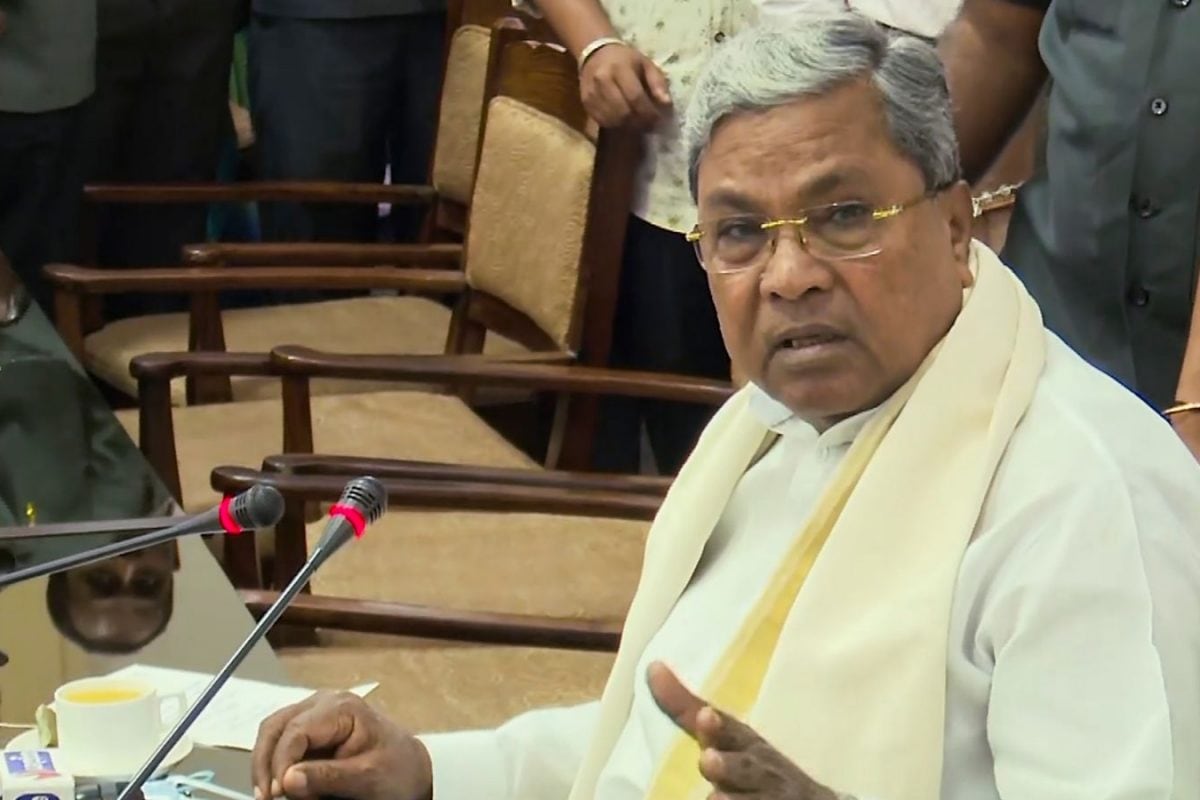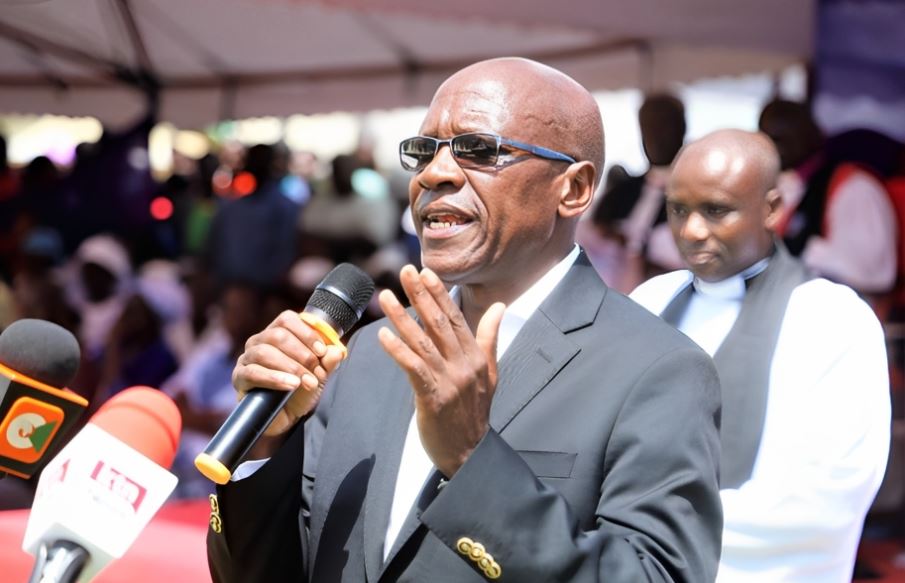
In response to several requests, I comment on the now established maladministration of the Marcia Ayers-Caesar situation and I also expand on the provisions of Section 57 of the Constitution, to which I referred last week in connection with the introduction into the Cabinet of a new Finance Minister. Ayers-Caesar was appointed a High Court judge and was sworn in before she had completed many matters outstanding before her in the Magistrates’ Court, where she had been sitting immediately before her appointment. She was, in fact, the Chief Magistrate.
The Chief Justice is the chairman of the Judicial and Legal Service Commission (the JLSC), which had appointed her to the High Court. The JLSC did not accept the decision of the Court of Appeal in judicial review proceedings brought by Ayers-Caesar that the Commission had acted unlawfully in procuring her resignation from the High Court. It appealed to the Judicial Committee of Privy Council (PC) and lost the appeal.

The appeal to the PC was itself ironic given the strong belief of some that we should not be running to London with appeals when there is the option to join the established Caribbean Court of Justice. One may take note of the finding that the JLSC was motivated by “an understandable desire to resolve the practical problem” resulting from the likelihood of the part-heard cases having to start again before another magistrate. Nevertheless, the JLSC made awful mistakes and fundamentally mishandled the situation.
The JLSC did not act fairly in giving Ayers-Caesar the opportunity to respond to allegations made against her of which she should have been given notice by the JLSC. The opportunity to be heard is a fundamental requirement of fairness. The JLSC was also found to have placed Ayers-Caesar under pressure to resign and the PC concluded that “pressing a Judge to resign by holding out the threat of disciplinary proceedings as the Commission did in the present case circumvents the constitutional safeguards laid down in section 137 and undermines their purpose”.
Even though the JLSC may not have been motivated by ill feeling towards Ayers-Caesar, it is shocking that a body headed by the Chief Justice did not understand how to act fairly and how to respect the provisions of Section 137 of the Constitution. As described by the PC, this is the section that “addresses the need to protect the judiciary against the threat to judicial independence, and therefore to the impartial application of the law, which would arise if the removal process could be used by the executive to penalise or intimidate judges”. For these acts of maladministration in not treating Ayers-Caesar fairly and undermining the constitutional protection given to judges, the Chief Justice must be held fully accountable.
It is worth noting also that one argument deployed on behalf of the JLSC against the allegation of unfairness by Ayers-Caesar appeared to the PC to be “artificial and unprincipled”. Now a brief further word why the circumstances surrounding the existence of the notorious 18-18 government, in my view, do not apply in the present circumstances of the dissolution of Parliament within 24 hours after the appointment of a new Prime Minister and before a new Minister of Finance could take the additional oath of allegiance in Parliament. That additional oath is required by Section 57 of the Constitution.
Without taking it, the new Minister of Finance cannot participate in proceedings in Parliament. That section expressly requires that oath to be taken before the House, but it expressly makes an exception by prescribing that the election of the presiding officers of the two Houses of Parliament may take place before the members take that oath, as happened following the 18-18 deadlock of December 2001. That is not an exception applicable when the Parliament was not hamstrung by circumstances beyond its control.
The new Prime Minister chose to dissolve it. Was the taking of the additional oath before the House subordinated to electoral strategy? It may not matter now that the new Minister of Finance, without taking the additional oath, cannot participate in the business of a Parliament, which has already been dissolved. Is that however the only consequence in this unique situation? —Martin Daly.















